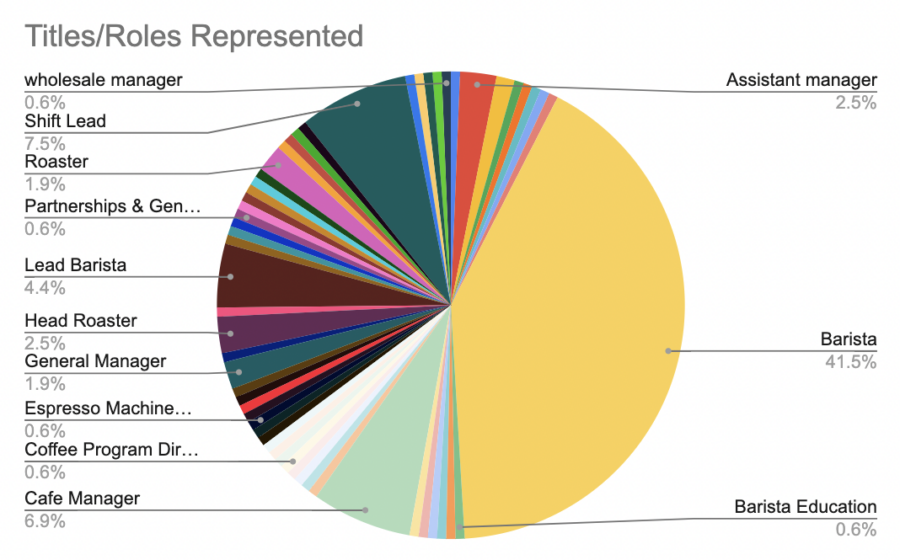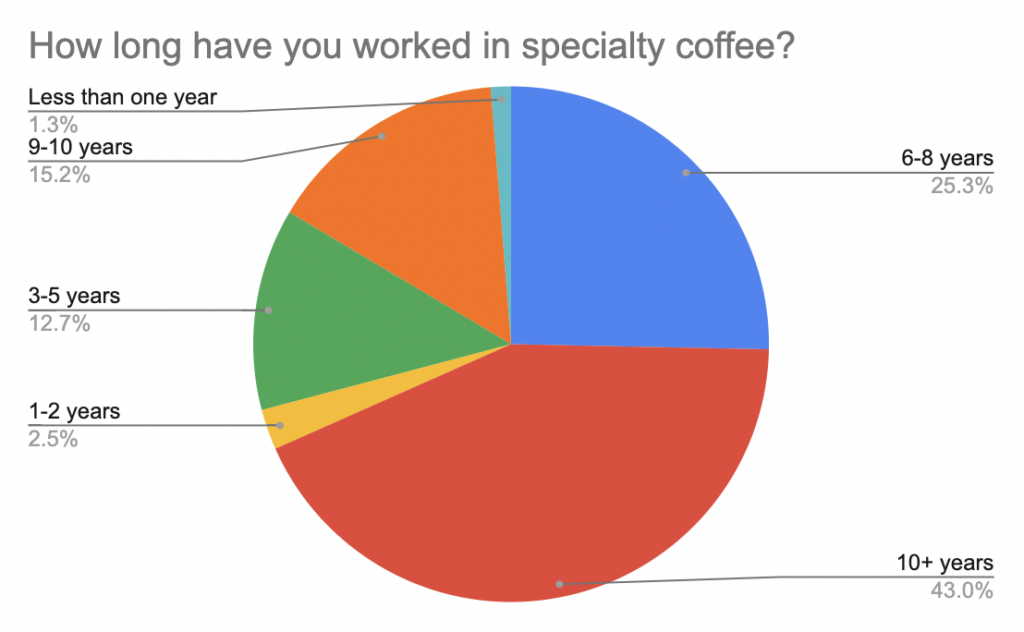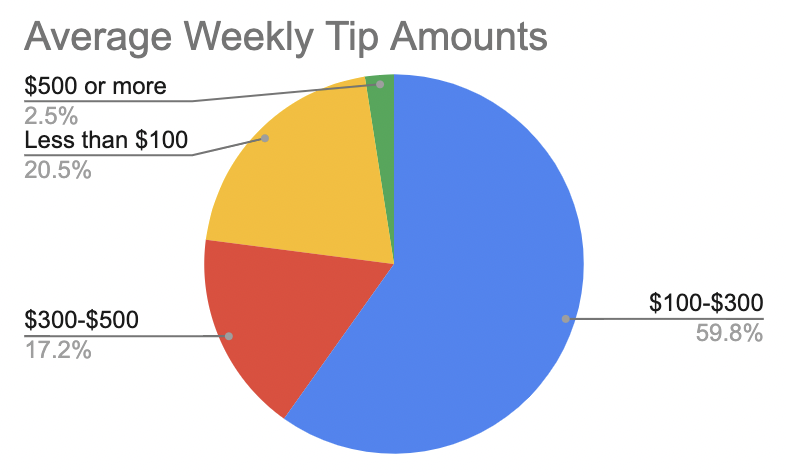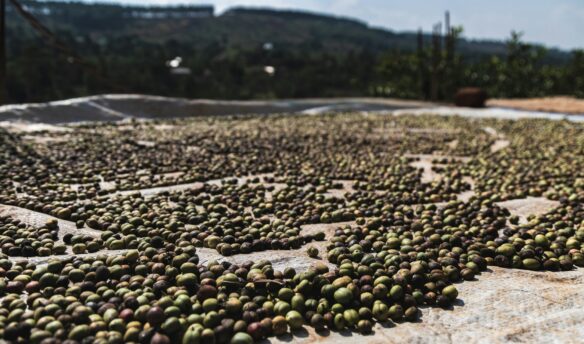In November 2022, we published a story about Go Fund Bean’s Coffee Wage Survey—and now, the findings are here.
On Friday, February 10th, the non-profit organization, which focuses on empowering hourly coffee workers, released the findings of their wage survey, with over 200 respondents across the United States. Go Fund Bean has made the raw data available for all, shedding light on the state of coffee job wages in an era where wage transparency is in demand (and the law in some states), businesses and baristas alike are experiencing the devastating effects of inflation, and more people are asking what it means to build a sustainable career in coffee.
Why It Matters: Go Fund Bean’s wage survey is one of the first of its kind, asking baristas and coffee workers (both salaried and hourly) to report their pay, including base wages, average tips, longevity within the coffee industry, availability of benefits, and average hours worked per week.
In a press release sent to Fresh Cup, Go Fund Bean highlights the most salient takeaways:
- “Cafe managers and head roasters who are paid an annual salary make nearly twice as much as people working in the same position who are paid an hourly rate.
- Baristas are, on average, scheduled to work less than 30 hours per week. Nevertheless, they are usually expected to be available to their employers full-time. With their average salary nationwide of $14/hour (before tips), that means they’re making about $20,000 a year with little opportunity for income earning outside their café job.
- 60% of tipped employees are only receiving about $100-$300 per week in tips. With an average schedule of 26 hours/week, this defies outlandish claims that with tips baristas are making $40+/hour.
- 49% of hourly workers cannot comfortably pay their bills every month, while only 20% of salaried workers cannot comfortably pay their bills every month.
- 92% of salaried workers receive some kind of benefits at work, usually health insurance and/or paid time off. Rates of other benefits (paid parental leave, education reimbursement, etc) vary. 38% of hourly workers receive no benefits at all.”
The Full Extraction: The Wage Survey was just step one of Go Fund Bean’s initiative to make coffee wages more easily accessible and build a data pool for coffee workers to use as a reference tool. “We are working on creating a map where people can compare real wages in a city with estimated living wages based on the MIT living wage calculator,” referring to a tool that approximates the wages needed to meet minimum living standards in a given area.
The data illuminate some of the grim realities of working behind the bar: the survey estimates that baristas are making, on average, $14 an hour and only getting 26 scheduled hours, meaning average base pay is about $20,000 a year (without tips). “Respondents also had the option to make additional notes at the end of the survey; some used this space to mention they could only make ends meet because of a second income earner in the household.”
On the other hand, the survey also gave powerful insights for people looking to move up in the coffee industry and explore potential career paths. Some respondents gave details about their previous employment history: “In the Salaried Workers Tab, viewers can see what roles in the coffee industry salaried workers had before reaching their current position. For instance, 59 out of the 80 salaried employees who filled out the survey began their careers as baristas and worked their way up.”
What’s More: There’s still a lot of work to do to make working within the coffee industry sustainable for all. “20K a year wasn’t enough to live on before last year’s rapid pace of inflation reduced the buying power of that wage,” says Adam JacksonBey, founder of Go Fund Bean. “The fact that the backbone of the US coffee industry is being forced to depend on the generosity of folks tipping in order to barely make ends meet is appalling, at best.”
Having the data available is a powerful step in the right direction toward building an industry that can support its workers at every step of the chain. And we hope to complement the data compiled by Go Fund Bean with the results of our Coffee Business Owner Salary Survey, which you can take here.

















